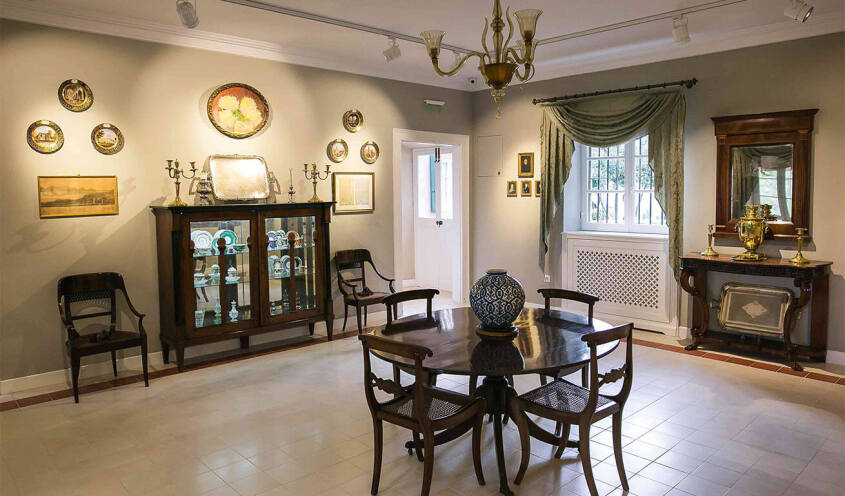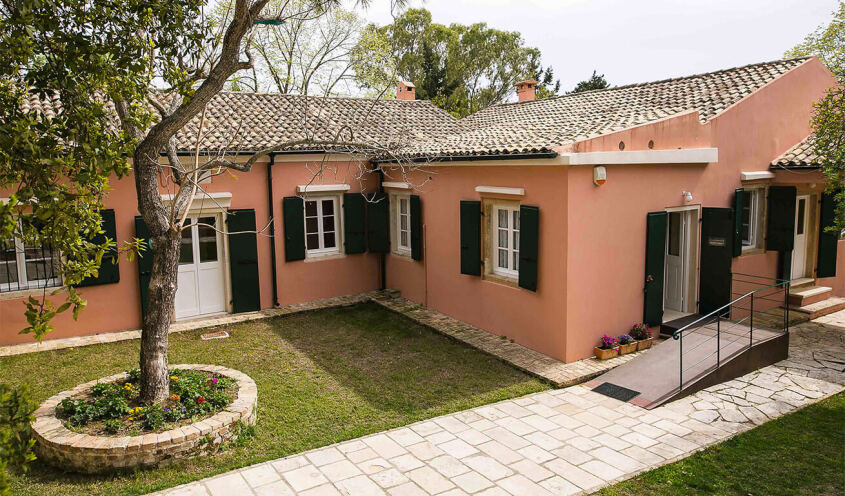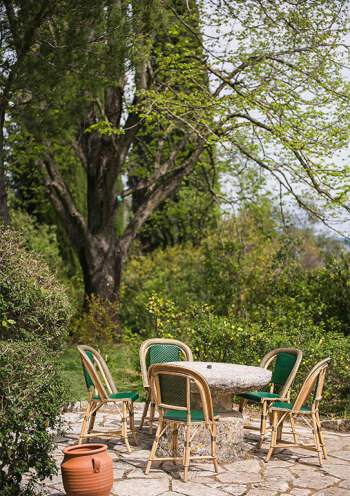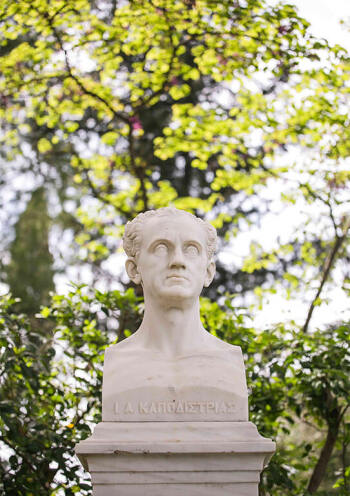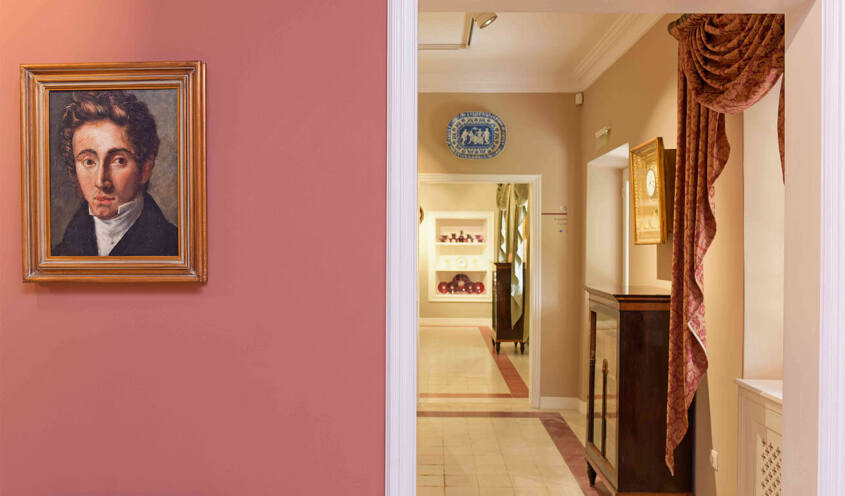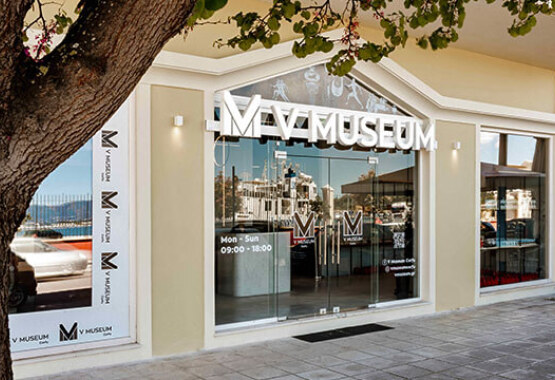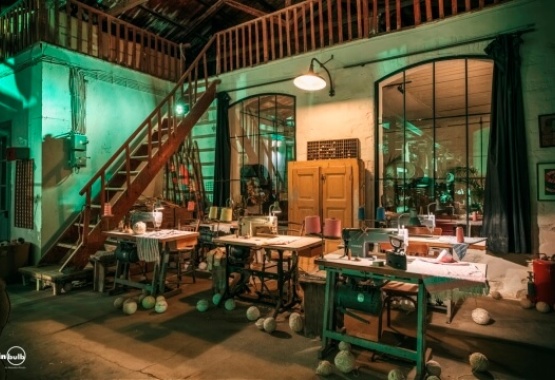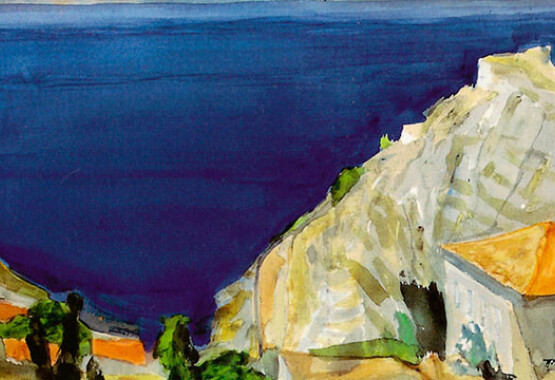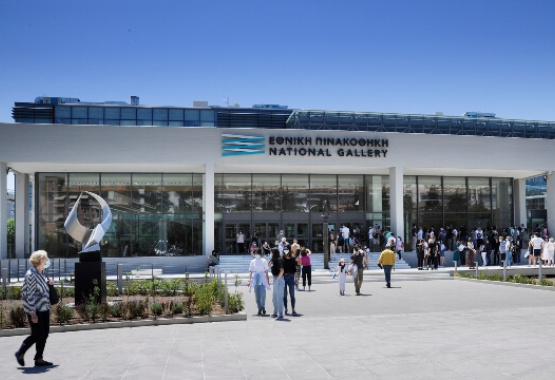
CORFU
The museum visitors will have the opportunity to discover Corfu’s celebrated cultural and natural heritage. The permanent exhibition includes a collection of the Governor’s personal belongings, family memorabilia and government documents, offering visitors a journey through the life and achievements of Ioannis Capodistrias and the history of 19th century Corfu, Europe and Greece. In the Museum’s lush botanical garden, visitors will enjoy the splendid views over the inland areas and the Ionian Sea, and they will get to know more about the estate’s local environment and history, during their garden tour. The Garden Café is in the clearing, where cultural events take place during the summer months.
The permanent exhibition
An exhibition related to Capodistrias is arranged in four rooms of the old country house, each representing a different period of his life and career, starting with his childhood in Corfu and continuing with his political career in the Septinsular Republic, and then in Europe where he became a diplomat and later Foreign Affairs Minister of the Russian Empire. Later on, he returned to Greece and he served as the 1st Governor of the modern Greek State until his assassination in 1831. The remaining rooms are dedicated to his political legacy & leadership and the history of his family mansion on Koukouritsa Hill.
The Garden
The Museum Garden is a 1.3-hectare area on a hill, a serene landscape, rich with flowers, herbs and trees found in the Corfiot countryside, such as olive, laurel, and myrtle trees. The beautiful garden, the stone-paved pathways, and majestic views of the inland areas and the opposite shores across the Ionian Sea will turn a visit to Koukouritsa into a memorable experience. You can connect to a free web app and follow the Garden tour for more information on the natural surroundings and history of the estate and the Corfiot countryside in general. Near the clearing, the Museum Café is the perfect place to relax and enjoy the lovely nature under the shade of centuries-old pine trees.
Capodistrias Museum
The Capodistrias Museum on Corfu Island is a unique museum dedicated to the life and legacy of Count Ioannis Capodistrias (1776-1831), the 1st Governor of Greece.
The museum is situated in the picturesque Capodistrias family country estate on Koukouritsa Hill, a nationally protected historic site for its architectural and natural beauty.The museum visitors will have the opportunity to discover Corfu’s celebrated cultural and natural heritage. The permanent exhibition includes a collection of the Governor’s personal belongings, family memorabilia and government documents, offering visitors a journey through the life and achievements of Ioannis Capodistrias and the history of 19th century Corfu, Europe and Greece. In the Museum’s lush botanical garden, visitors will enjoy the splendid views over the inland areas and the Ionian Sea, and they will get to know more about the estate’s local environment and history, during their garden tour. The Garden Café is in the clearing, where cultural events take place during the summer months.
The permanent exhibition
An exhibition related to Capodistrias is arranged in four rooms of the old country house, each representing a different period of his life and career, starting with his childhood in Corfu and continuing with his political career in the Septinsular Republic, and then in Europe where he became a diplomat and later Foreign Affairs Minister of the Russian Empire. Later on, he returned to Greece and he served as the 1st Governor of the modern Greek State until his assassination in 1831. The remaining rooms are dedicated to his political legacy & leadership and the history of his family mansion on Koukouritsa Hill.
The Garden
The Museum Garden is a 1.3-hectare area on a hill, a serene landscape, rich with flowers, herbs and trees found in the Corfiot countryside, such as olive, laurel, and myrtle trees. The beautiful garden, the stone-paved pathways, and majestic views of the inland areas and the opposite shores across the Ionian Sea will turn a visit to Koukouritsa into a memorable experience. You can connect to a free web app and follow the Garden tour for more information on the natural surroundings and history of the estate and the Corfiot countryside in general. Near the clearing, the Museum Café is the perfect place to relax and enjoy the lovely nature under the shade of centuries-old pine trees.
